|
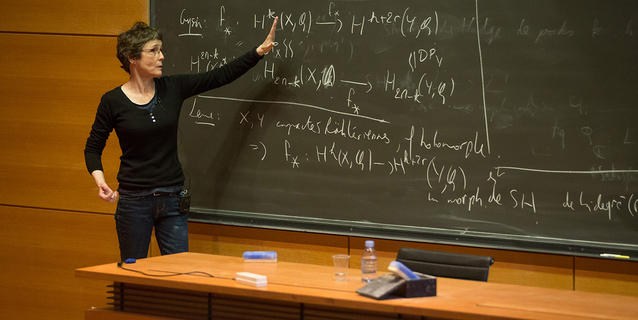 |
|
|
|
|
Claire Voisin, Forms and Formulas
|
|
12.13.2016 |
|
Mathematics
Claire Voisin has just been awarded the prestigious Shaw Prize, also known as the 'Nobel of the East,' in mathematical sciences. She had received the 2016 CNRS Gold Medal, France’s highest scientific distinction, for her research in complex algebraic geometry.
|
|
Read the article
|
|
|
|
|
 |
|
|
|
|
Shakespeare: as Topical as Ever
|
|
12.25.2016 |
|
Literature
Terrorism, the rise of nationalism, migratory flows... Many of Shakespeare's plays directly address issues that would not be out of place in contemporary Europe. "New Faces," a research program entirely dedicated to drawing and understanding these parrallels was launched in 2016 for the 400th anniversary of the poet's death. Nathalie Vienne-Guerrin, a Shakespeare specialist who initiated the project, explains its scope.
|
|
Read the article
|
|
|
|
|
|
|
|
Also this month
|
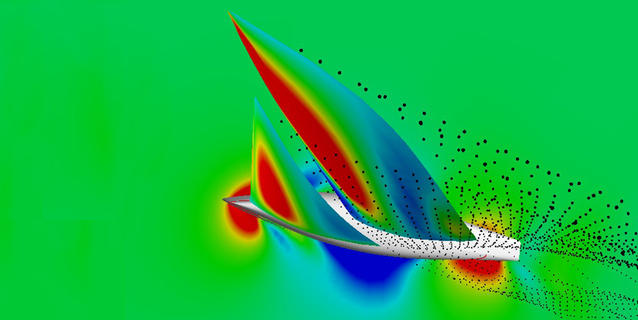 |
|
|
|
Simulation and Modeling: Less is More
|
|
12.07.2016 |
|
Modeling To represent reality more accurately, is it better to simplify models and simulations or make them more complex? Specialist Frédéric Alexandre explains the latest developments and limits of current research in modeling and simulation. |
|
Read the article
|
|
|
|
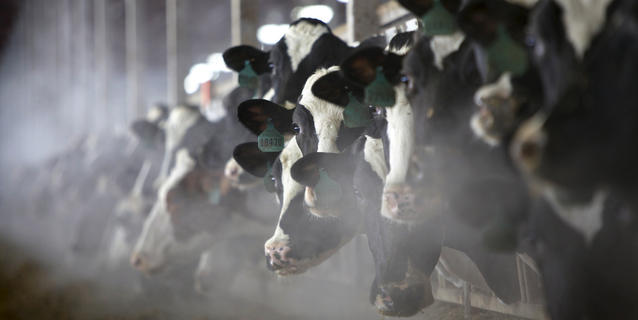 |
|
|
|
Methane Concentrations on the Rise
|
|
12.12.2016 |
|
Environment For the first time, a complete report on methane emissions has been published. After stabilizing in the early 2000s, methane concentrations in the atmosphere began to increase again in 2007, rising sharply since 2014. An explanation by researcher Marielle Saunois, a specialist in atmospheric... |
|
Read the article
|
|
|
|
|
|
|
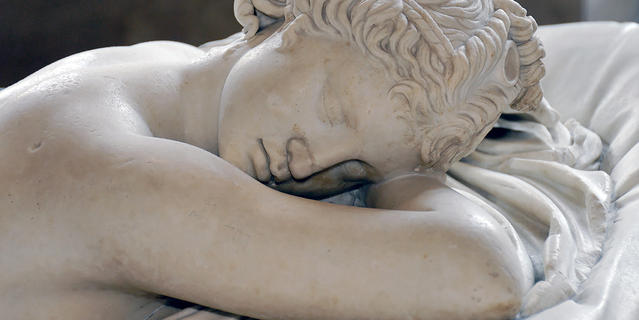 |
|
|
|
Why Do we Sleep?
|
|
12.26.2016 |
|
Biology Sleep is a loss of time and—at least for wild animals—increases the risk of being attacked and eaten. So why has evolution perpetuated this function? According to the biologist Paul-Antoine Libourel, reptiles and amphibians hold the key to this mystery. |
|
Read the opinion
|
|
|
|
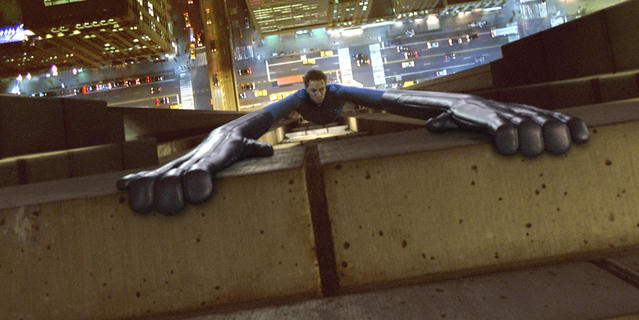 |
|
|
|
Repairing Elastic Organs
|
|
12.16.2016 |
|
Biology Breathing, running, eating, urinating, singing or giving birth are all actions that mobilize our elasticity. How can we preserve this essential capacity of organs and tissues to return to their original shape after being deformed? The biologist Pascal Sommer sheds light on this topic. |
|
Read the opinion
|
|
|
|
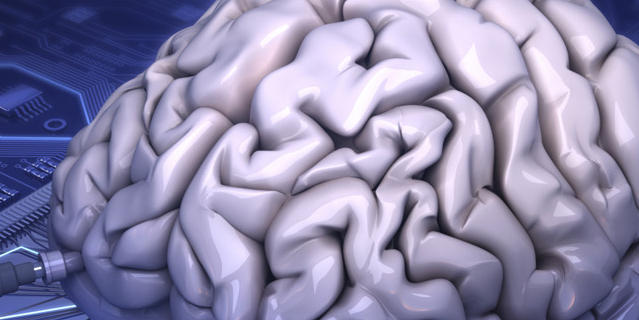 |
|
|
|
Are Digital Devices Robbing our Memories?
|
|
01.02.2017 |
|
Neuroscience We are increasingly relying on digital devices to record information in our place. While such use of digital technologies might free up our brain to focus on other tasks, is there not a long-term risk of memory deterioration? We asked a specialist in the field. |
|
Read the article
|
|
|
|
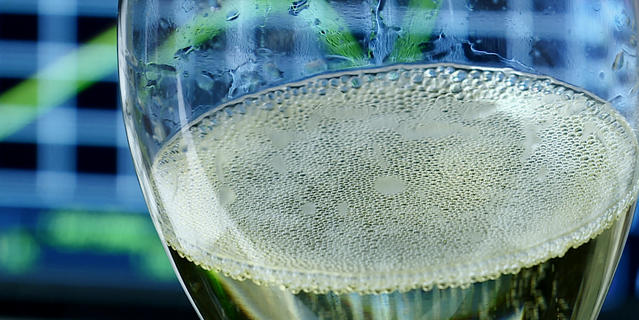 |
|
|
|
The physics of Champagne
|
|
12.30.2016
|
|
Physics Apart from creating the pleasant feeling on our tongues, Champagne's effervescence plays a key role in the release of aromas into the air. A team of researchers in France have studied the physics of Champagne's tiny gas bubbles. |
|
Watch the video
|
|
|
|
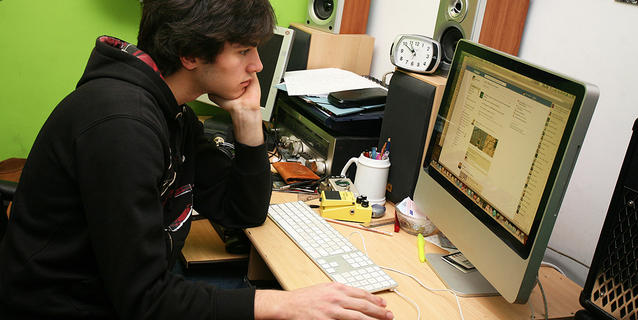 |
|
|
|
When Hate goes Viral
|
|
12.19.2016 |
|
Communication How does hate spread online? A large-scale investigation of online violence and propaganda and their effect on young people is currently being led by Catherine Blaya, a professor of educational sciences and the president of the International Observatory of Violence in School (IOVS). |
|
Read the article
|
|
|
|
|
|
|